Joan Naviyuk Kane has been named the 12th recipient of the Paul Engle Prize, presented by the Iowa City UNESCO City of Literature organization.
The prize, established in 2011, honors an individual who, like Paul Engle, represents a pioneering spirit in the world of literature through writing, editing, publishing, or teaching, and whose active participation in the larger issues of the day has contributed to the betterment of the world through the literary arts.
The prize includes a $25,000 award and a one-of-a-kind work of art. Kane will receive the award at a ceremony at 7 p.m. on October 19, at the Coralville Public Library. It is free and open to the public.
Kane is Inupiaq with family from Ugiuvak (King Island) and Qawiaraq (Mary’s Igloo), Alaska. She is the author of several collections of poetry, including 2017’s Milk Black Carbon, 2021’s Dark Traffic, and the new chapbook, Ex Machina. She is the recipient of several awards, including Whiting Writer’s Award, the Donald Hall Prize in Poetry, the National Artist Fellowship from the Native Arts and Cultures Foundation, the American Book Award, and a Guggenheim Fellowship.
She has held faculty appointments in the department of English at Harvard University, in the department of English at Tufts University, and in the graduate creative writing program at the Institute of American Indian Arts in Santa Fe, New Mexico. She has also served as a lecturer in the Department of Studies in Race, Colonialism and Diaspora at Tufts University, teaching courses in Native American and Indigenous Studies. She raised her children in Alaska and Massachusetts and now lives with them in Oregon, where she is a visiting associate professor at Reed College.
Kane was awarded the prize for the breadth of her work as a poet, teacher, and advocate for her own communities and the world at large. In his nomination for Kane, Jon Davis, founder and former director of the Institute of American Indian Arts MFA in Creative Writing, discussed the wide range of Kane’s work. “One week she might be on the threatened strip of land that is Sitnasuak, Alaska, without electricity or running water, and the next on a panel in a Finnish city.”
Kane said she was honored to be selected for this year’s prize.
“When a person experiences a major trauma, one’s entire systems defer everything but survival. When a person experiences an ongoing succession of major traumas, replenishing the soul falls away while the impulse to protect and advocate for the most vulnerable takes priority. Like so many other single mothers during these last years, like so many Indigenous people, like other survivors, the mundane world displaces my energy and flags my spirit time and time again. Hard work has been asked of us on every front; intention and necessity have kept us in community with other Indigenous people globally, with allies, non-Indigenous and Indigenous alike, who offer protection, refuge, restoration, and an urgent sense of shared responsibility.
“In these aspects—affirmation of literary cultures and artistic expression, connection to the highest and best aspirations of human relations, and the mettle, courage and labor required to make opportunities available for transformation and survival—I reflect on the legacy of Paul Engle and the remarkable ways in which one literary life and its works can alter and challenge public discourse and inflect even the most private of ruminations. I’m beyond honored, and consider it first and foremost the honor that belongs to my mom while she is still alive, my grandmother who raised us both along with many other Inupiaq individuals, and the women in my communities who continue to guide, celebrate, and hold each other collectively.
“All of these women have survived a whole host of systemic and structural violences, and all of them have never given up, have never stopped fighting to make this world, and this time, one of urgency and immediate action. I’m always grateful. To be recognized as part of Paul Engle’s legacy restores my hope and reminds me that there’s no end to my responsibilities as a writer, a teacher, and a mentor to others: for this continuation, I am most thankful.”
The Paul Engle Prize is made possible through the generous support of the City of Coralville, which is home to 11 permanent sculptures with artistic and literary ties to Iowa. The sculptures all have ties to work found in The Iowa Writers’ Library, housed in the Coralville Marriott, which features about 800 books written by former students, graduates and faculty of the Iowa Writers’ Workshop.
The Engle Prize itself is a one-of-a-kind work of art created by M.C. Ginsberg in Iowa City. Each piece is crafted to reflect the work and impact of the recipient, while tying it to the Iowa City UNESCO City of Literature.
Paul Engle (October 12, 1908 – March 22, 1991), though best remembered as the long-time director of the Writers’ Workshop and founder of the UI’s International Writing Program, also was a well-regarded poet, playwright, essayist, editor and critic. In 2000, then-Gov. Tom Vilsack declared Engle’s birthday, Oct. 12, as “Paul Engle Day” in Iowa.
Previous winners of the prize are: James Alan McPherson, Kwame Dawes, Luis Alberto Urrea, Roxane Gay, Alexander Chee, Dina Nayeri, Toi Derricotte, Cornelius Eady, Dr. Eve L. Ewing, and Rebecca Solnit. Visit www.iowacityofliterature.org/paul-engle-day for more information about the prize and past winners.
